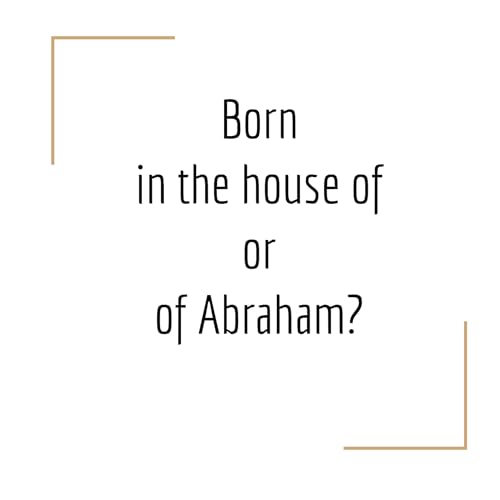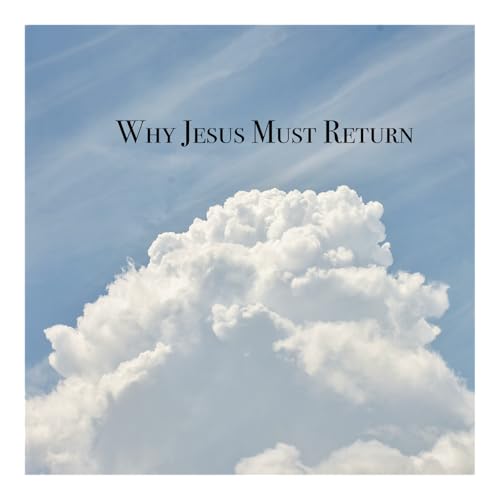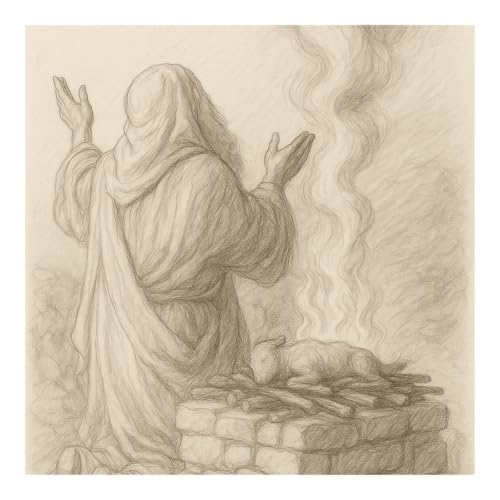Genesis 13:3–4 records Abraham returning to the altar he had built between Bethel, the “house of God,” and Ai, meaning “heap” or “ruin.” This location is rich in symbolism. Bethel represents divine presence and promise, while Ai represents worldly ruin and temptation. Abraham’s altar marked a deliberate act of vigilance, a place of prayer and worship that created a spiritual boundary between God’s promises and worldly snares. In contrast, the Israelites’ defeat at Ai in Joshua 7 illustrates the consequences of neglecting such vigilance. Achan’s hidden sin of greed led to national defeat, showing how one person’s disobedience can bring destruction to many. Prayer altars, therefore, are not only for personal protection but for communal blessing and preservation.
The altar Abraham built teaches us that prayer is our shield against greed, pride, lust, and worldly ambition. His faithfulness preserved future generations—his grandson Jacob later encountered God at Bethel. Likewise, Jesus demonstrated the necessity of building altars of prayer in Gethsemane. Facing the cross, He fell on His face in fervent prayer, modeling persistence and submission to God’s will. His disciples, however, fell asleep, underscoring how spiritual weakness comes when vigilance is neglected. Jesus’ exhortation to “watch and pray” (Matthew 26:41) emphasizes that without prayer, even willing hearts fall into temptation.
Building spiritual altars is not about physical stones but about cultivating a lifestyle of prayer, obedience, and faith. These altars serve as boundaries between divine promises and worldly ruin. They protect us in moments of weakness, empower us against temptation, and align us with God’s will. Abraham, Joshua, and Jesus all illustrate this truth: consistent, intentional prayer is the key to victory. By erecting altars in our hearts—between Bethel and Ai—we find strength, protection, and the power to walk faithfully with God.
 1 時間 14 分
1 時間 14 分 2025/10/261 時間 52 分
2025/10/261 時間 52 分 2025/10/0557 分
2025/10/0557 分 1 時間 20 分
1 時間 20 分 2025/09/211 時間 2 分
2025/09/211 時間 2 分 2025/09/141 時間 12 分
2025/09/141 時間 12 分 1 時間 3 分
1 時間 3 分 1 時間 11 分
1 時間 11 分
